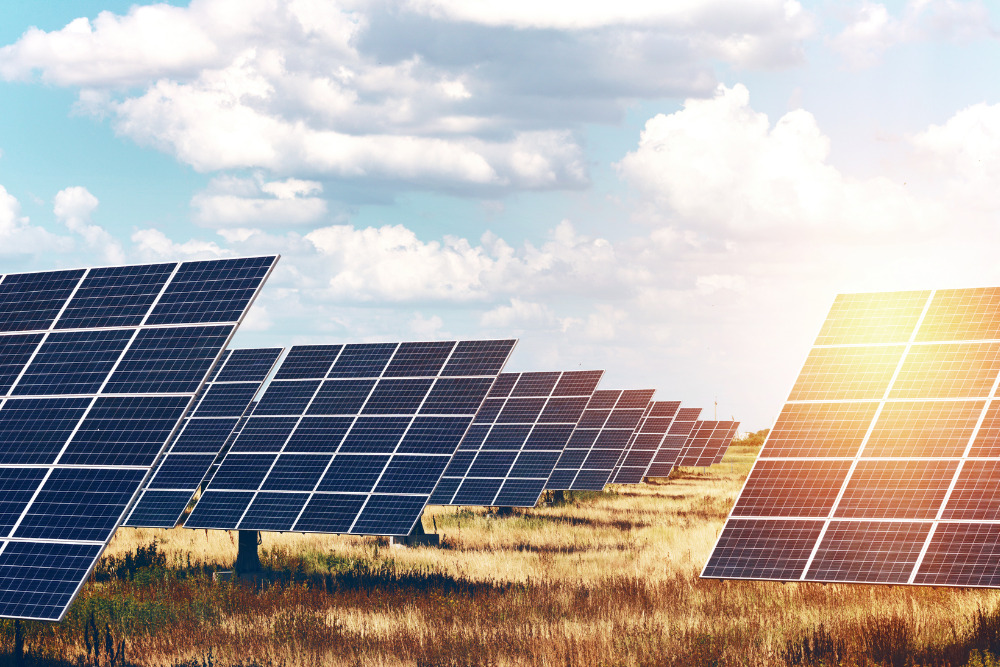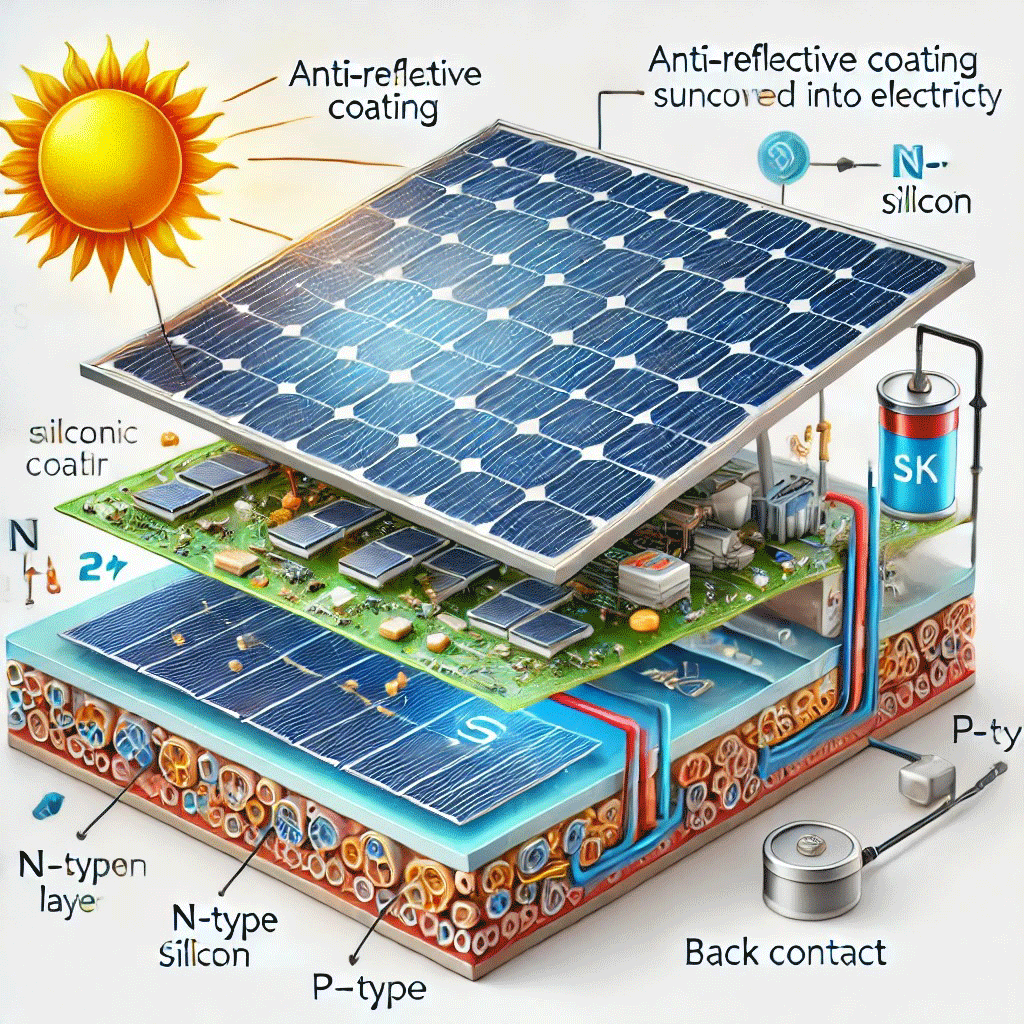Just How Solar Power Can Aid You Save Cash and Minimize Your Carbon Impact
The combination of solar power into your energy portfolio provides an engaging opportunity for both economic cost savings and environmental stewardship. As numerous government motivations end up being readily available, the inquiry occurs: just how can one properly browse the preliminary investments and ongoing advantages of solar modern technology to maximize both economic and ecological gains?
Recognizing Solar Power Financial Savings
While the transition to solar power typically involves an initial investment, understanding solar power savings is essential for homeowners and companies alike. Solar energy systems can substantially reduce electricity expenses by harnessing the sun's power, translating right into significant long-lasting financial benefits.
Furthermore, solar power systems might get approved for various economic motivations, consisting of tax debts and refunds, further improving their cost-effectiveness. The accessibility of internet metering permits individuals to sell excess power back to the grid, creating an additional earnings stream. These elements add to the total financial savings linked with solar power.

Along with route monetary savings, solar power offers the added advantage of enhancing property value. Residences equipped with photovoltaic panels are commonly extra attractive to customers, as they guarantee lower power costs - Simply Solar Illinois. Comprehending these elements is necessary for any individual thinking about solar power, as it highlights not just the potential economic gains, but likewise the more comprehensive ecological and economic benefits of taking on renewable resource remedies
Preliminary Prices vs. Long-Term Perks
When reviewing solar power, it is essential to consider the preliminary expenses against the long-term benefits. The upfront financial investment for solar panels, installment, and related tools can be significant, frequently ranging from $15,000 to $30,000, depending upon the system size and home energy requirements. This first expenditure may deter some property owners; nonetheless, it is vital to think about the possible financial savings with time.
As soon as installed, solar power systems can substantially reduce and even eliminate monthly electricity expenses, resulting in substantial long-lasting economic advantages. Research studies show that house owners can conserve anywhere from $10,000 to $30,000 over the lifespan of their solar system, typically 25 years. Additionally, many states use rewards, tax credit ratings, and discounts that can offset first expenses, making solar much more accessible.

Decreasing Your Carbon Impact
Minimizing your carbon footprint is an important factor to consider in today's eco conscious society, and embracing solar power is one of the most effective strategies to accomplish this goal. Solar power is a clean, renewable resource that dramatically diminishes reliance on nonrenewable fuel sources, which are major contributors to greenhouse gas emissions.

In addition, the widespread fostering of solar modern technology motivates the development of eco-friendly tasks and supports developments in power storage space and performance. The even more individuals and organizations purchase solar power, the better the collective decrease in carbon emissions, cultivating a cleaner environment for future generations.
Federal Government Motivations and Discounts
Adopting solar energy not only benefits the setting but can likewise cause significant monetary cost savings, especially with the accessibility of government rewards and rebates. Different government, state, and regional programs are developed to encourage homeowners and services to purchase solar energy systems, making the shift more budget friendly.
Among the most famous incentives is the Federal Financial Investment Tax Debt (ITC), which enables planetary system proprietors to deduct a substantial percentage of the installment costs from their government taxes. This motivation has been pivotal in reducing the in advance costs associated with solar power systems. In addition, numerous states supply their very own tax credit scores, gives, and rebates that can further enhance cost savings.
Furthermore, some city governments give residential property tax exceptions for solar installments, making sure that property owners do click to investigate not encounter increased residential property tax obligations as a result of their sustainable power investments. Energy firms might also supply incentives, including net metering and feed-in tolls, which enable solar power individuals to offer excess power back to see the grid.
Selecting the Right Planetary System
Picking the suitable planetary system is vital for making best use of energy efficiency and monetary benefits. The decision depends upon numerous aspects, consisting of power needs, budget, and offered area. Home owners must begin by analyzing their electricity intake to identify the system dimension needed for ideal performance.
Following, consider the various sorts of solar innovations offered. Simply Solar Illinois. Photovoltaic Or Pv (PV) panels are the most common, transforming sunshine straight into power, while solar thermal systems concentrate on home heating water. Each kind has unique benefits depending upon individual requirements
Budget considerations are also paramount. Preliminary installment expenses can vary substantially, so it's essential to compare quotes from multiple carriers and check out financing options. Federal government rewards and rebates can further minimize the monetary burden, making solar systems much more available.
Conclusion
The environmental benefits of solar energy contribute to lasting techniques crucial for combating environment adjustment. Government incentives boost the usefulness of solar modern technology adoption, motivating a transition towards a cleaner, much more economically reliable energy resource.